Should we run on turkey power?
Much scrap organic matter can be turned into useful oil by a process which is similar to that by which oil was formed in Earth’s crust but takes only a fraction of the time. Production of oil from organic waste is already underway in the USA and there are plans to build a facility in Europe before too long.
The initial feedstocks come from a turkey processing plant and use the unwanted bits of turkey that cannot be turned into food. The plant is turning something that was once a problem waste material into a renewable energy resource. About 80 % of the energy from the waste is present in the oil produced – the rest is lost as heat or used in the conversion process. The company hopes eventually to reduce the dependence of the USA on imported oil.
This activity focuses on understanding how oil was formed in the Earth’s crust and how scientists put their understanding of that process to good use to develop a new process of their own.
Suggested lesson plan
Begin by showing the slide Which is the odd one out? or handing out photocopies of the pictures and asking which is the odd one out. The answer is the oil rig – the other three are connected because oil can be made from poultry waste in a processing plant. Explain that scientists have developed a technology to turn waste products such as tyres, plastics, paper, animal waste and agricultural waste into oil and that they did so by gaining an understanding of how oil is made naturally, then using that understanding to develop a faster process.
Organise a class debate on this topic. There are a number of issues that could be debated, including the potential political, environmental and social, (For example, should vegetarians use oil made from turkey waste, and would they be able to avoid it if they wanted to?), impacts of the process if it were to become widely used. More able students could explore the res-energy site listed above and produce an information leaflet or newspaper article about the process.
Put this in context
Explore how senior science manager Paul’s approach to manufacturing sugar makes useful products such as bioethanol.
The most valuable information is in the ‘Press Kit’ at http://www.resenergy.com/press/presskit.asp (accessed December 2005) – the ‘Cornerstone Technology’ pdf file is particularly useful. Directing students to the press kit will make it seem more as if they are really behaving like a journalist or science correspondent. Make sure students compare the new process with what happens in the Earth’s crust.
They should think about what type of newspaper or magazine they are writing for and who their audience will be. You could then show them the article in the Guardian (see link above) to complete the lesson.
Odd one out
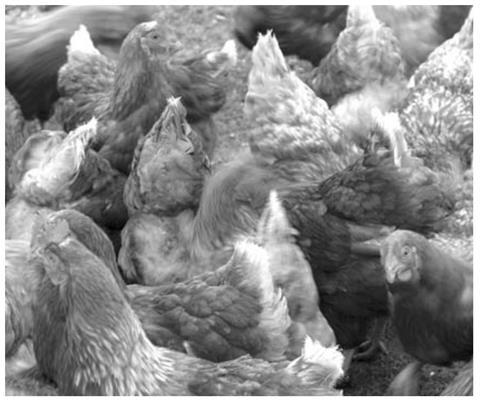
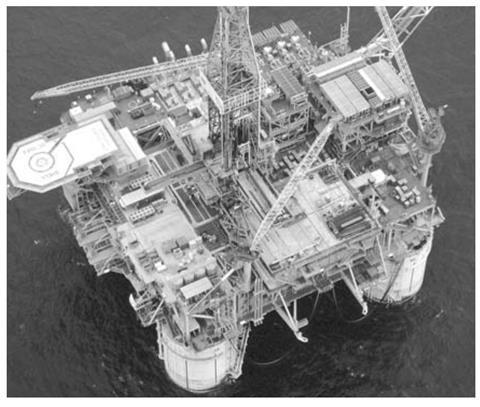
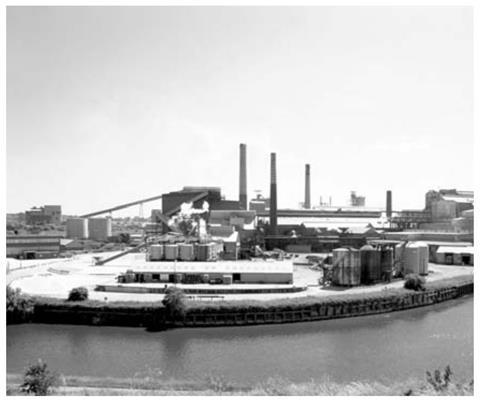
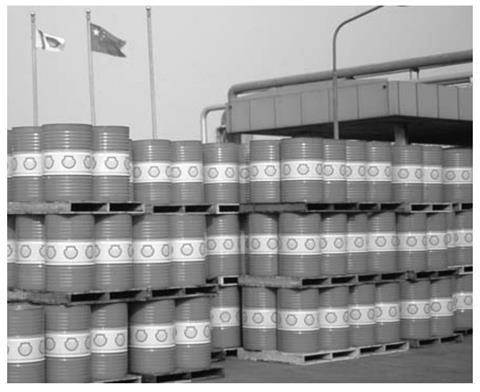
Downloads
Making oil from waste
PDF, Size 0.51 mb
Additional information
This resource is a part of our Inspirational chemistry collection.
Inspirational chemistry book
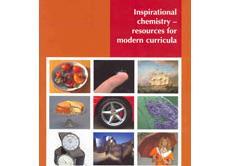
A collection of resources, aligned with GCSE bodies, to support learners in England, Wales, and N Ireland.
- 1
- 2
- 3
- 4
- 5
- 6
- 7
- 8
- 9
- 10
- 11
- 12
- 13
- 14
- 15
- 16
- 17
- 18
- 19
- 20
- 21
- 22
- 23
- 24
- 25
- 26
- 27
- 28
- 29
- 30
- 31
- 32
 Currently
reading
Currently
reading
Making oil from waste
- 34
- 35























































































No comments yet